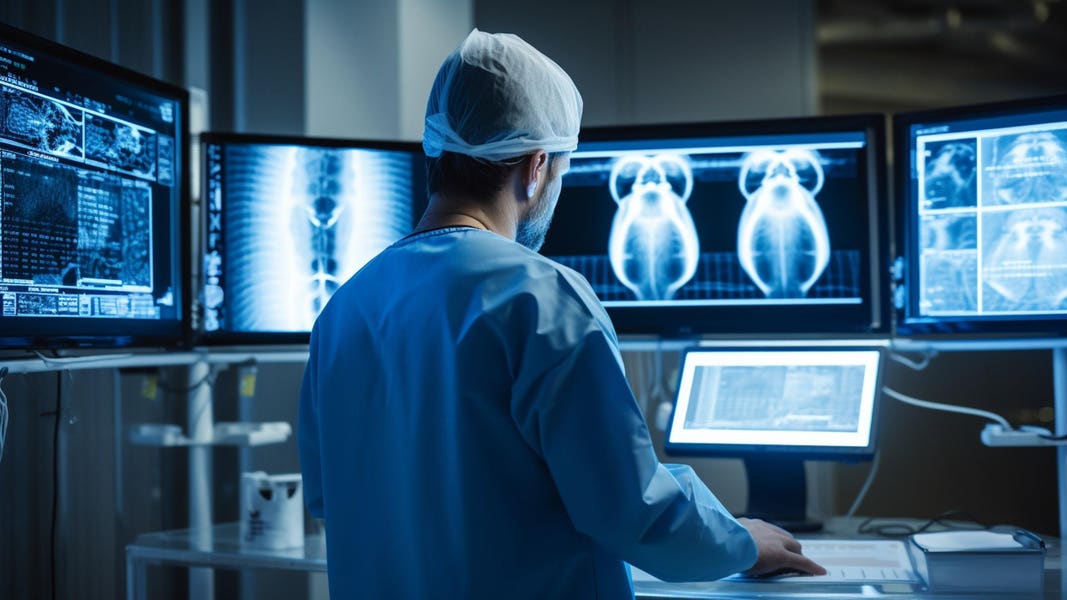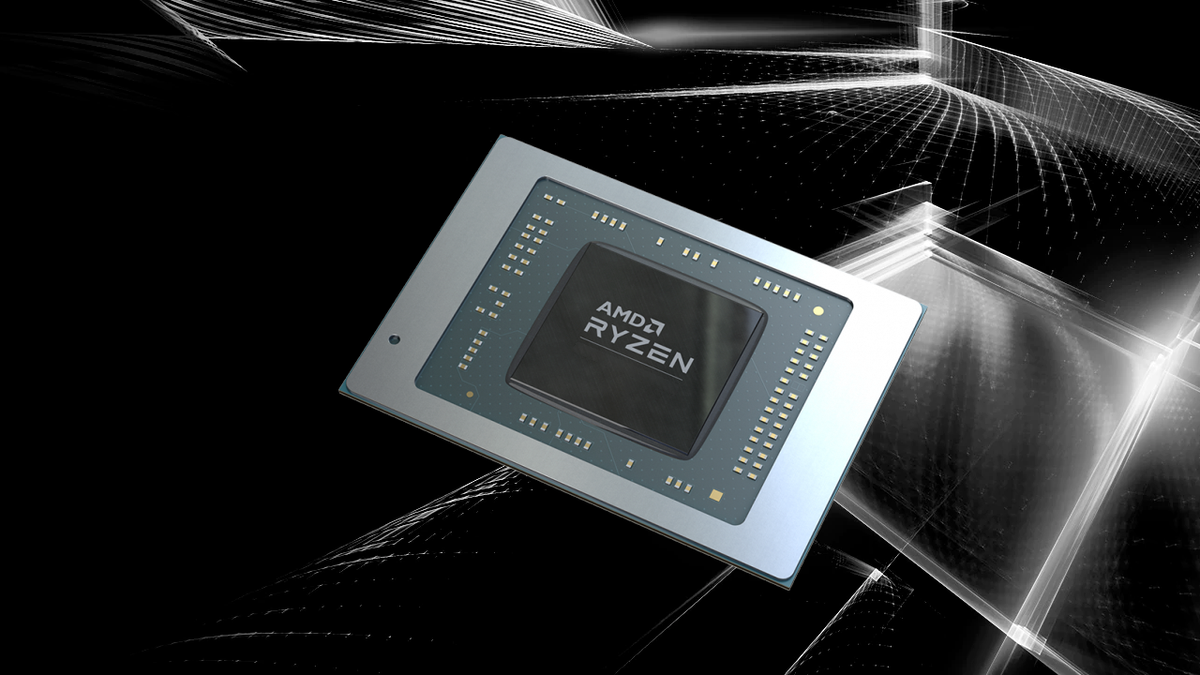Generative artificial intelligence (AI) is paving the way for a revolutionary period in the healthcare industry, impacting patient care, diagnostics, and more. The question arises: can this technology address significant challenges within healthcare systems and promote universal healthcare access? Judging by the potential demonstrated in various applications, generative AI seems poised to bring substantial value to the healthcare sector.
Outlined below are six key ways in which generative AI can enhance healthcare delivery.
1. Customized Instant Health Recommendations
Advanced generative AI models like GPT-4, in conjunction with human medical expertise, have facilitated the development of virtual health assistants. For instance, Ada, an AI-powered app created by doctors, can evaluate symptoms and provide medical advice in multiple languages, serving over 13 million users with more than 30 million symptom assessments. By inquiring about symptoms and tracking their progression, Ada offers users guidance on potential conditions and medical advice. This technology is particularly beneficial for individuals who lack access to traditional medical services due to geographical constraints, financial limitations, or strained local healthcare resources.
2. Enhanced Precision Care Support
Generative AI systems are increasingly expected to assist healthcare providers during patient consultations by actively listening, taking notes, and suggesting relevant questions based on the patient’s medical history and symptoms. An example is RythmX AI, which offers a precision care platform enabling doctors to deliver personalized care using generative AI and predictive algorithms. This AI-driven approach acts as a supportive tool for doctors, enhancing the efficiency of patient appointments.
3. Personalized Treatment Plans
Generative AI has the potential to revolutionize patient treatment by analyzing extensive datasets to recommend personalized treatment strategies, optimize medication dosages, predict adverse reactions, and design tailored rehabilitation programs. Moreover, it can aid in preventive medicine by creating personalized health plans based on individual genetic profiles, medical histories, and lifestyles.
4. Enhanced Disease Detection through Image Analysis
Generative AI is set to revolutionize medical imaging analysis, enabling more accurate and rapid disease diagnosis from X-rays, MRIs, and CT scans. Studies have shown that AI tools can interpret medical images with comparable or even superior accuracy to human radiologists, improving diagnostic efficiency and patient care.
5. Accelerated Drug Discovery
Generative AI plays a crucial role in expediting drug discovery by facilitating the identification of disease markers, optimizing chemical combinations, predicting drug interactions, repurposing existing drugs, and enhancing clinical trials. This technology streamlines the drug development process and holds promise for personalized treatment based on individual patient data.
6. Streamlining Healthcare Operations
Generative AI can streamline administrative tasks in healthcare settings, such as medical coding, billing, inquiries, and note-taking. By automating these functions, AI tools like NextGen Healthcare’s Ambient Assist alleviate the administrative burden on healthcare professionals, enabling them to focus more on patient care and reducing the risk of burnout.
In conclusion, while human healthcare providers remain irreplaceable, generative AI presents opportunities to complement traditional healthcare services. By leveraging the strengths of both human expertise and AI capabilities, healthcare systems can meet the increasing demands for quality care efficiently.










